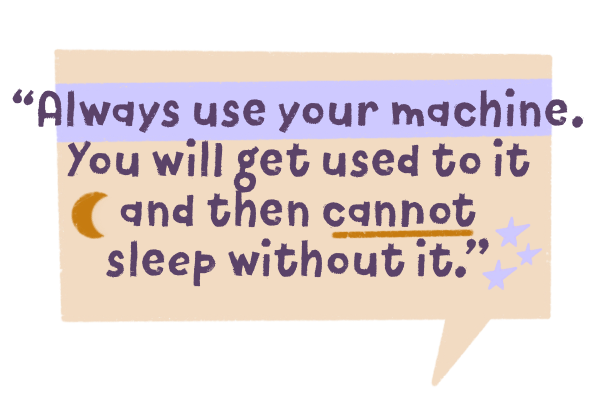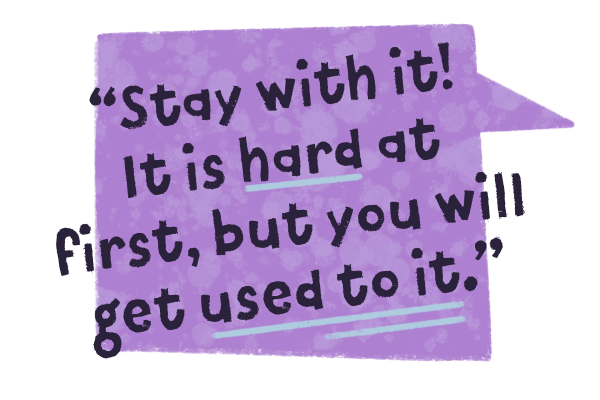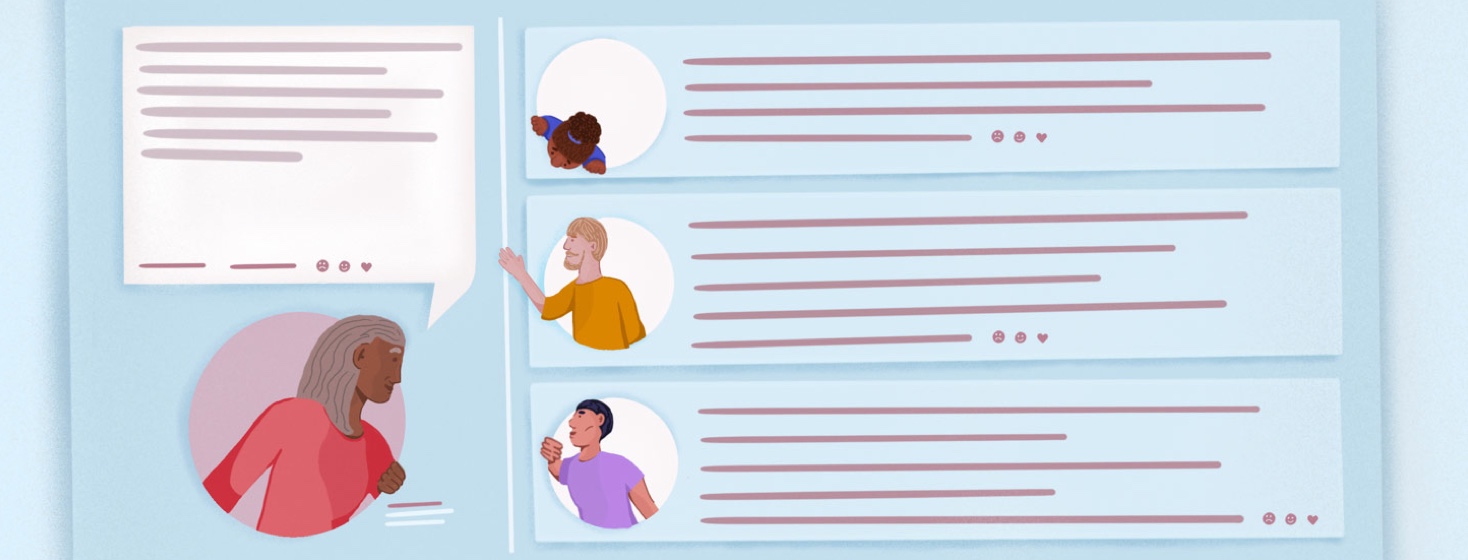Community Views: Advice for Those Newly Diagnosed With Sleep Apnea
Untreated sleep apnea can make mornings – and much of the day – a struggle. Getting diagnosed is a powerful first step, but it can leave some people wondering what comes next.
To learn more about how community members first learned to manage their sleep apnea and tips they would give others, we asked followers of our Facebook page to answer: “What is a good piece of advice for someone newly diagnosed?"
More than 80 people commented. Here is what was said.
'I could not live without my CPAP!'
The majority of community members said that their CPAP machine was the biggest game-changer for their diagnosis. A CPAP machine delivers air through a face mask and tubes to ensure you receive airflow all night long. That flow keeps the airway open, allowing you to stay asleep all night long. To get a CPAP, a prescription from a doctor or sleep specialist is needed, and they will recommend the right amount of air pressure for you.
“I could not live without my CPAP! It has been 3 years now, and I feel so much better in the morning!”

This or That
Did you seek out advice when you were newly diagnosed with sleep apnea?
'You will need to adjust straps.'
Like anything that needs to fit tightly against your face, the CPAP mask will require adjusting. Many shared that it does take some time and experimentation to get the proper fit on the mask. You may need to alter the settings as well. Before purchasing a machine, it helps to try on different CPAP masks in person to see which will provide you with the best fit. Plus, if you can, try to buy from a vendor that allows for a trial period.
“It takes a good week before you ‘get used to’ your mask. The first week, you will need to adjust straps and find different ways to position yourself and the hose until you can get comfy enough to sleep.”
“I could not adjust at the very beginning until I turned OFF the ramp feature.”
“Be patient! When you wake up feeling a small leak on your face, sometimes it only takes a slight adjustment with your head on the pillow to stop the leak.”
'Lose some weight.'
This suggestion takes more time and commitment than buying and learning to use a CPAP, but it can also bring more long-term relief, as well as additional health benefits. When a person is overweight, there can be fat deposits in the neck that also put pressure on the airway, letting less air in. Losing even 10 percent of your body weight can have significant improvements in your breathing.
“Try changing your eating habits, too. I changed my eating habits and continued to lose weight, and it has made a difference.”
“Lose some weight.”
'It gets better.'
So many community members also shared that patience is key. It takes time to learn to get comfortable with the CPAP machine, and of course, losing weight takes time also. This is a process. The rewards of better health and sleep are there if you stay the course.

“Keep at it. It gets better.”
“You will feel better!”
Thank you to everyone who shared advice. We appreciate all the feedback and encouragement for newer community members. If you had a time machine and could go back to the past, what advice would you share with your younger self?


Join the conversation